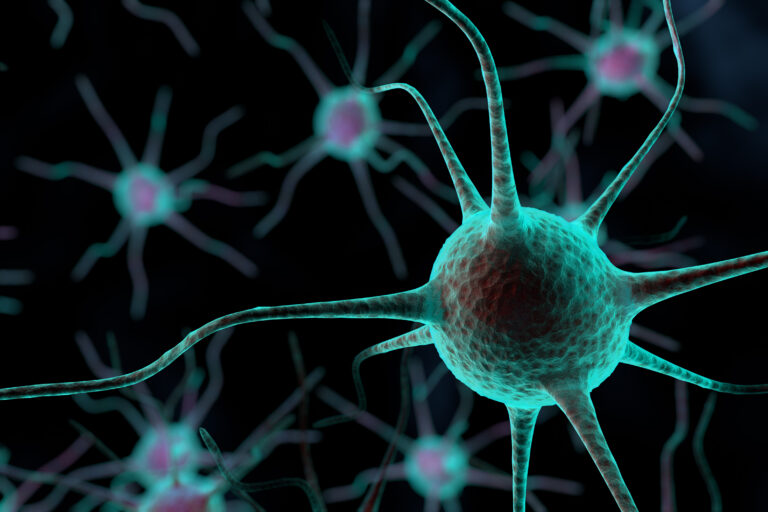When it comes to deciding whether to drink milk after training, there are several factors to consider. Milk, including its various forms like chocolate milk, has been a popular choice among athletes for recovery due to its nutritional profile. Here’s a detailed look at the benefits and considerations of consuming milk post-exercise.
## Nutritional Benefits of Milk
Milk is a rich source of **calcium**, **vitamin D**, **protein**, and **electrolytes**, making it an excellent choice for replenishing nutrients after a workout. The protein in milk helps in muscle repair and recovery, while calcium and vitamin D support bone health. For young athletes, consistent milk intake can support growth and bone strength, while for adult athletes, it can improve bone density and muscle recovery[2].
## Milk as a Recovery Drink
Milk, particularly chocolate milk, has been touted as a recovery drink due to its combination of carbohydrates and protein. This mix helps replenish energy stores and supports muscle repair. Chocolate milk is especially beneficial after intense workouts or endurance activities, as it provides the necessary carbohydrates to replenish glycogen stores and protein to aid in muscle recovery[3]. However, it’s worth noting that chocolate milk contains more sugar than regular milk, which might not be ideal for those monitoring their sugar intake[3].
## Comparison with Other Dairy Products
Greek yogurt is another dairy product that has gained attention for its recovery benefits. It contains more protein than milk and has additional bioactive components due to its fermented nature. A recent study found that consuming Greek yogurt after exercise lowers inflammation markers more effectively than consuming carbohydrates alone[1][5]. This suggests that Greek yogurt might be a better option for reducing inflammation post-workout compared to milk or other carbohydrate-based recovery drinks.
## Timing and Individual Needs
The timing of milk consumption after training is crucial. Drinking milk immediately after a workout can help in replenishing lost nutrients and supporting muscle recovery. However, individual nutritional needs can vary based on the type and intensity of the workout, as well as personal dietary preferences and restrictions.
## Medical Considerations
For individuals with dairy allergies or intolerances, milk might not be a suitable option. In such cases, alternative protein sources like plant-based milks or other dairy-free products can be considered. Additionally, while milk can support muscle recovery, it’s essential to maintain a balanced diet that includes a variety of foods to ensure overall nutritional needs are met.
## Conclusion of the Discussion
In conclusion, milk can be a beneficial addition to a post-workout routine due to its nutritional profile. However, individual needs and preferences should be considered, and alternatives like Greek yogurt might offer additional benefits in certain contexts.
References:
[1] https://www.news-medical.net/news/20250925/Greek-yogurt-after-exercise-lowers-inflammation-more-than-carbs.aspx
[2] https://www.si.com/everyday-athlete/nutrition/drink-milk-grow-strong-the-hidden-growth-recovery-secret-every-athlete-needs
[3] https://health.clevelandclinic.org/chocolate-milk
[4] https://pmc.ncbi.nlm.nih.gov/articles/PMC12461264/
[5] https://www.diabetes.co.uk/news/2025/oct/eating-greek-yoghurt-after-resistance-training-lowers-inflammation-research-finds.html





